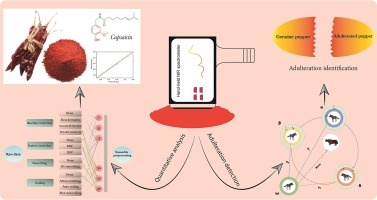
**The Charm of Simple Solutions in the Pursuit of Longevity**
In a culture increasingly fixated on health, wellness, and longevity, Woody Allen’s remark, “You can live to be a hundred, if you give up everything that makes you want to live to be a hundred,” encapsulates the inherent contradiction in our approach to healthiness. This perspective aligns with the narrative promoted by contemporary wellness influencers, like Vani Hari, referred to as “The Food Babe,” whose cautions regarding chemicals and GMO ingredients reflect a broader societal skepticism of anything considered artificial and a yearning for the mythical appeal of the “natural.”
Food Babe’s quest, featuring a vast following and the release of her book, highlights a widespread trend of condemning the modern diet not for its excesses but for its elements deemed unnatural. Her campaign against chemical additives and GMOs resonates with many, yet it arguably diverts focus from the fundamental issues characterizing the American health crisis.
The actual issue, one we have long recognized, is the widespread deficiency in exercise, inadequate fiber and vegetable consumption, and an overload of sugar and fat in diets. Switching from a diet of fried and fatty fast foods to organic or “chemical-free” alternatives makes little impact on the fundamental issue: levels of consumption. It’s evident that the priority should be on decreasing the intake of such foods, regardless of their perceived naturalness or the absence of GMOs.
Guidance from esteemed organizations like the American Cancer Society and the American Heart Association centers on plant-based diets, restricted red and processed meats, plentiful fruits and grains, and consistent exercise—guidance notably devoid of mandates regarding GMOs or food additives, as evidence of their harm at regulated levels is minimal.
The obstacle remains significant. Human evolution has instilled in us a preference for energy-dense foods, a necessity for survival during times of scarcity. Coupled with a culture that celebrates such foods, often utilizing them for social bonding or as rewards, resisting these ingrained preferences requires more than merely avoiding GMOs or preservatives; it necessitates changing deeply entrenched behaviors and cultural norms.
Regular physical activity poses another challenge. Automation and sedentary work environments leave scant opportunity for naturally occurring physical exertion. Encouraging exercise demands both time and effort—precious resources in a fast-paced world.
Although well-known figures like Food Babe may play a role by insisting on clarity from food producers, their frequently unscientific statements risk confusing their followers. Adopting science-based health advice and concentrating on lifestyle modifications that extend beyond the “natural” versus “artificial” binary may indeed yield the longevity we desire—not by relinquishing everything we cherish, but by making informed decisions that foster genuine well-being over superficial quick fixes.